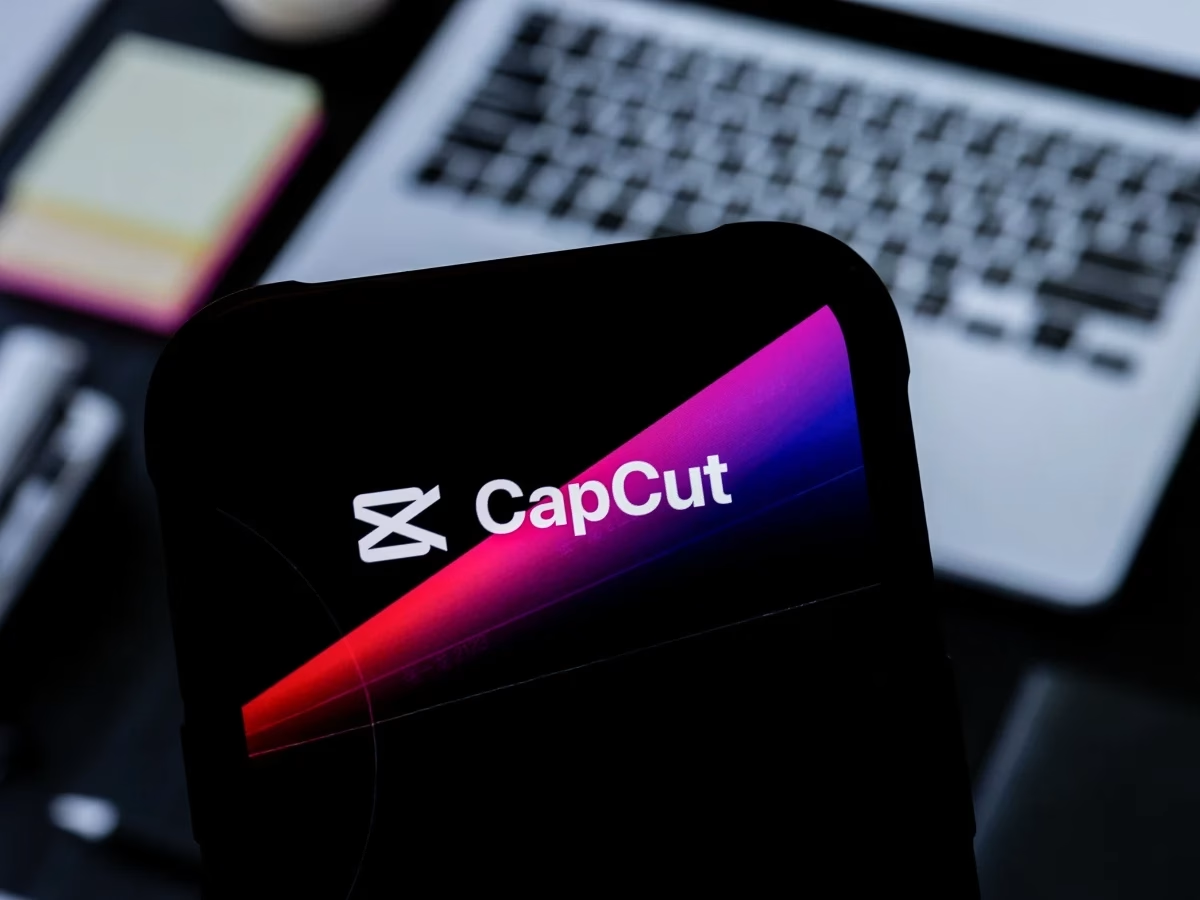CapCut's New Terms: A Deep Dive into Your Face and Voice in Their Ads
Alright, let's talk about something that's been making waves in the creator community lately: CapCut's updated Terms of Service. If you're a content creator, or even just someone who dabbles in video editing for social media, chances are you've used CapCut. It's a fantastic, intuitive tool, especially for quick edits on the go. But these new terms, which quietly rolled out recently, are a bit of a gut punch, to be honest. They essentially grant ByteDance, CapCut's parent company, some pretty sweeping rights over your content, including your face and voice, for their own commercial gain. Without paying you a dime.
The Fine Print: What Exactly Changed?
Think about that for a second. Every video you've ever edited, every selfie you've used in a montage, every voiceover you've recorded – it all falls under this umbrella. It's not just about the video itself anymore. It's about your very identity, digitally speaking. For a platform that thrives on user-generated content, this feels like a significant power grab.
Why This Is a Game-Changer for Creators
For many, CapCut isn't just a casual app; it's a professional tool. Skit makers, influencers, small businesses, and even larger media houses use it for quick, effective content creation. The idea that their hard work, their unique brand, and even their personal image can be leveraged by the platform for advertising without any compensation is, frankly, alarming.
The Community's Reaction: Unease and Alternatives
Unsurprisingly, the online community has been vocal. Social media platforms, particularly X (formerly Twitter), are abuzz with users expressing their dismay and concern. There's a palpable sense of unease, and a growing trend of users actively seeking out alternative editing tools.
I've seen countless posts from creators, some quite popular, sharing their frustrations. "Is this even legal?" "Time to find a new editor." These aren't just isolated whispers; it's a collective outcry. It makes you wonder if CapCut, in its pursuit of broader usage rights, might actually alienate the very user base that made it so popular in the first place. After all, what's a content platform without content creators?
Legal and Ethical Tightropes
From a legal standpoint, these terms are designed to be ironclad. Granting a "perpetual, irrevocable, royalty-free license" is about as broad as it gets. Legal experts are already advising creators to scrutinize these terms carefully. It's a stark reminder that the "free" tools we use often come with a hidden cost, buried deep in the terms of service that most of us, let's be honest, rarely read in full.
Ethically, it's a murkier area. While platforms need to protect themselves and monetize their services, where do we draw the line between reasonable usage and outright exploitation of user data and likeness? This isn't just about data points; it's about digital identity. It raises fundamental questions about who truly owns the content and the image we create and share online. For me, as someone who's always advocated for creator rights, this feels like a step in the wrong direction.
The Broader Trend: Platform Power vs. Creator Rights
This isn't an isolated incident, of course. We've seen similar skirmishes between platforms and creators before. It's part of a larger trend where digital platforms, having amassed immense user bases and data, are increasingly asserting more control over the content generated on their services. They provide the tools, the audience, and the infrastructure, and in return, they want a larger slice of the pie.
But the pie here isn't just revenue; it's also the fundamental rights to one's own image and voice. It's a delicate balance, and when that balance tips too far in favor of the platform, creators start looking elsewhere. This could lead to a significant shift in the market, as creators migrate to platforms that offer more equitable terms, or at least clearer compensation models.
What Can You Do?
So, what's a creator to do?
- Read the Fine Print: Yes, it's tedious, but it's crucial. Understand what rights you're signing away.
- Consider Alternatives: If these terms make you uncomfortable, explore other video editing software. There are many fantastic options out there, both free and paid, that might offer more favorable terms.
- Be Mindful of Content: If you continue using CapCut, be aware of what you're uploading, especially if it contains your face or voice.
- Advocate for Change: Join the conversation, share your concerns. Collective action can sometimes push platforms to reconsider their policies.
Ultimately, this situation underscores the ongoing tension between technological convenience and personal autonomy in the digital age. CapCut's new terms are a powerful reminder that while free tools are great, the cost might be higher than we initially perceive. It's a conversation we need to keep having, loudly and clearly.
